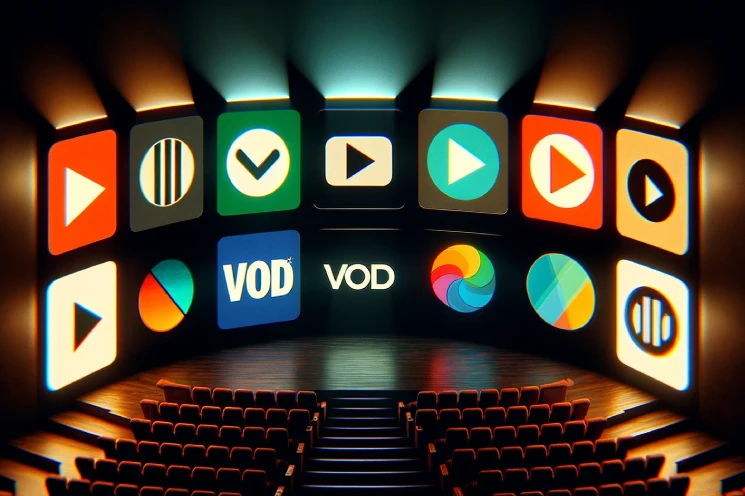Introduction
In the vast landscape of television and streaming services, the world of IPTV (Internet Protocol Television) has emerged as a dynamic force, offering viewers unparalleled access to a diverse array of content. However, behind the scenes of this digital revolution lies a complex web of content licensing agreements that dictate what content is available for streaming and under what terms. In this guide, we’ll delve into the intricacies of IPTV content licensing, helping viewers understand the nuances of this often-overlooked aspect of the streaming experience.
What Viewers Should Know
In the realm of IPTV, where a plethora of content awaits at the click of a button, understanding the intricacies of content licensing is paramount for viewers. IPTV content licensing governs the legal agreements between providers and content creators, dictating what content is available for streaming and under what conditions. Key considerations include territory rights, which determine where content can be accessed based on geographical boundaries, and the duration of licensing agreements, which can impact the stability of content availability. Furthermore, viewers must be mindful of the fluctuating nature of content offerings, as licensing agreements may result in titles being added or removed from platforms over time. By equipping themselves with knowledge of IPTV content licensing, viewers can navigate the streaming landscape more effectively, ensuring a seamless and fulfilling entertainment experience.
Understanding IPTV Content Licensing
At its core, IPTV content licensing refers to the legal agreements between IPTV providers and content creators or rights holders that govern the distribution and use of television content over the internet. These agreements outline the terms and conditions under which IPTV providers can stream movies, TV shows, live sports, and other forms of entertainment to viewers. Content licensing agreements typically cover factors such as territory rights, duration of licensing, and distribution platforms, all of which can impact the availability of content to viewers.
Navigating Territory Rights
One of the primary considerations in IPTV content licensing is territory rights, which determine where content can be streamed based on geographical boundaries. Content creators often negotiate separate licensing agreements for different regions, leading to variations in available content depending on the viewer’s location. For example, a TV show that is available for streaming in one country may be restricted or unavailable in another due to territorial licensing agreements. Understanding territory rights is crucial for viewers to manage their expectations and access the content they desire.
Duration of Licensing Agreements
Another key aspect of IPTV content licensing is the duration of licensing agreements, which can vary depending on the terms negotiated between IPTV providers and content creators. Some licensing agreements may be short-term, allowing providers to stream content for a limited period before renegotiating terms, while others may be long-term, providing more stability and consistency in content availability. Viewers should be aware that content may come and go from IPTV platforms as licensing agreements expire or are renegotiated, impacting their streaming options over time.
Impact on Content Availability
The intricacies of IPTV content licensing can have a significant impact on the availability of content to viewers. While IPTV providers strive to offer a diverse selection of programming, they are ultimately bound by the terms of their licensing agreements. This means that certain titles may be added or removed from the platform based on changes in licensing agreements, leading to fluctuations in content availability. Additionally, licensing agreements may dictate which devices or platforms are supported for streaming, further influencing the viewer’s access to content.
Conclusion
As viewers navigate the ever-expanding world of IPTV, understanding the complexities of content licensing is essential for managing expectations and making informed viewing decisions. By recognizing the role that licensing agreements play in shaping content availability, viewers can better understand why certain titles may be restricted or unavailable on their IPTV platform. While the intricacies of content licensing may seem daunting, empowering viewers with knowledge empowers them to make the most of their streaming experience and enjoy the vast array of entertainment options available through IPTV services. Click here to check out our subscription plans and start your IPTV journey now!
